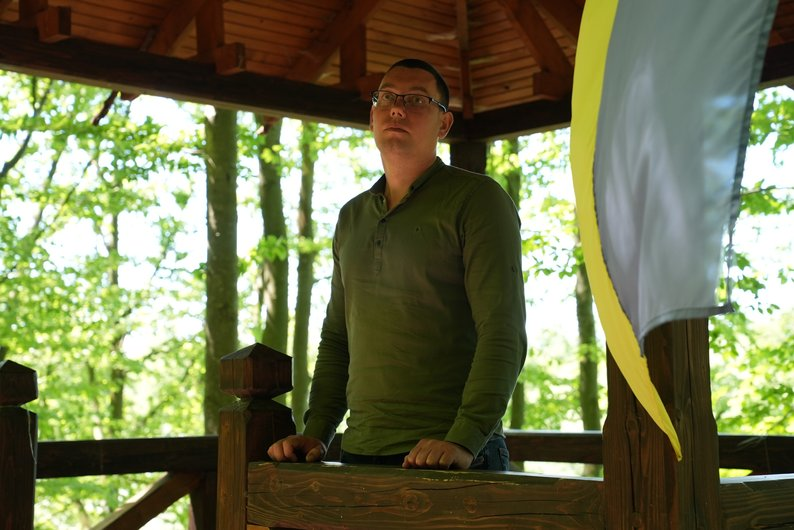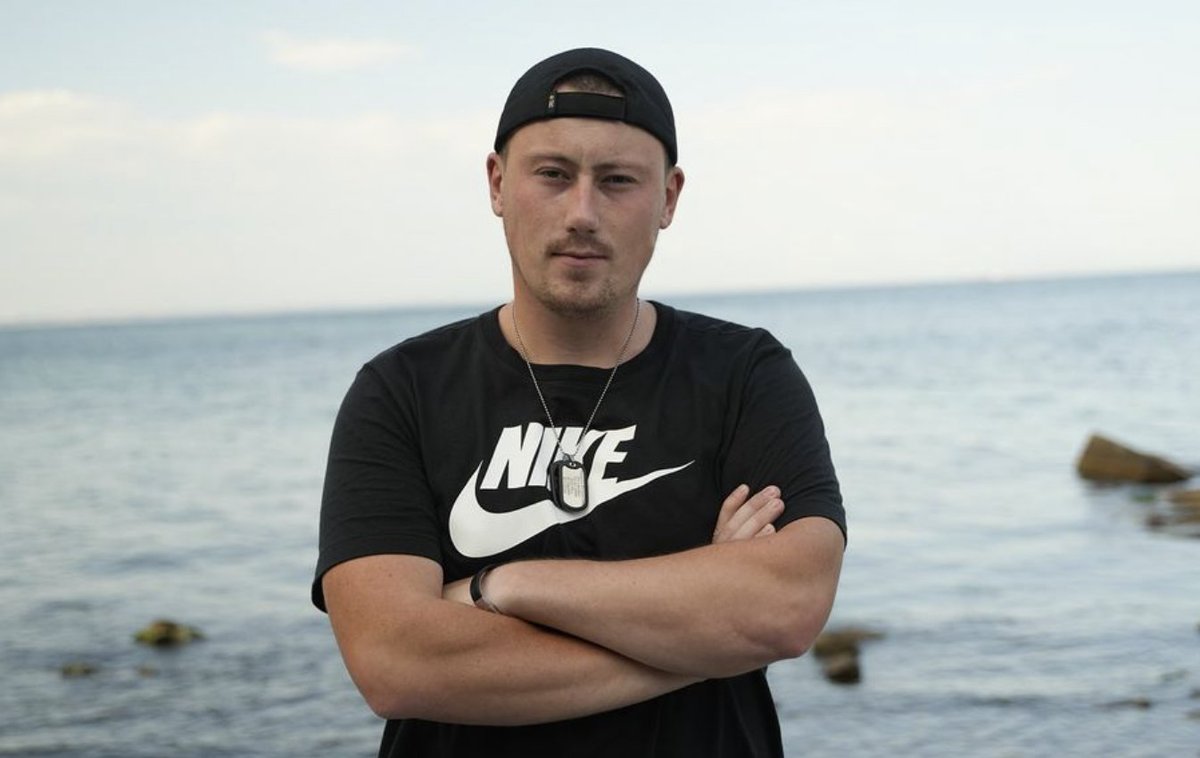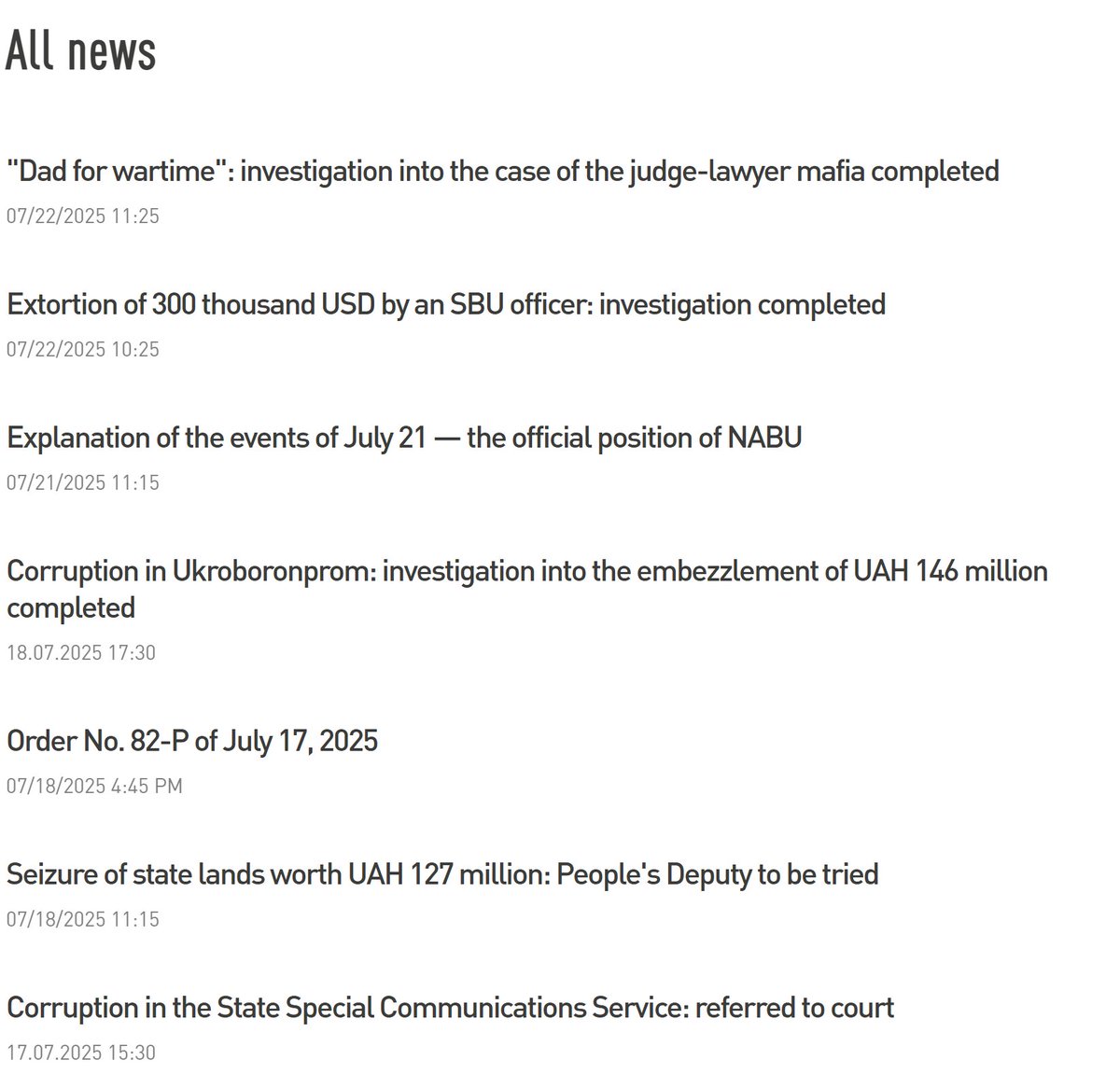1/ THREAD
On this day in 1985, one of Ukraine's most prominent writers and activists, Vasyl #Stus, passed away in a Soviet prison. Please share this important thread.
On this day in 1985, one of Ukraine's most prominent writers and activists, Vasyl #Stus, passed away in a Soviet prison. Please share this important thread.

2/ Born in 1938, Vasyl Stus grew up and studied in Donetsk. He later worked in Horlivka, near Donetsk, before moving to Kyiv to pursue a PhD in Ukrainian literature in 1963.
3/ During the mid-sixties, a wave of arrests targeted Ukrainian intellectuals and artists. On September 4, 1965, while attending a public screening of "Shadows of Forgotten Ancestors," Stus, along with a few other activists, called for resistance against these arrests.




4/ The repercussions were swift. Stus was expelled from the university and denied the opportunity to work in his field of passion.
5/ Between 1965 and 1972, Stus switched between various occupations in the industry. During this period, he met his wife, had a son, and continued to write poetry, though publishing them was nearly impossible. Some of his works found their way outside the USSR. 

6/ Despite facing immense pressure, Vasyl Stus remained an activist. In 1972, he was arrested and spent seven years in Mordovia and later in the Magadan oblast. After his release, he appealed to the Supreme Soviet of the USSR to renounce his Soviet citizenship. 

7/ Years of harsh conditions in Soviet penal colonies took a toll on his health, but Stus persevered in his activism, participating in the Ukrainian Helsinki Group, a human rights movement.
8/ In 1980, he was arrested again, this time accused of being a "particularly dangerous recidivist." His lawyer, appointed by authorities, Victor Medvedchuk, later a Russian agent in Ukraine with ties to Putin, did not defend the Ukrainian writer and agreed with the accusations.




9/ Under the new sentence, Stus was to spend another 15 years in prison under severe conditions. He couldn't send out his poetry, so fellow prisoners memorized his works to transcribe them once they were free.
Many of his poems were confiscated by camp authorities.
Many of his poems were confiscated by camp authorities.

10/ Remarkably, some Stus's work managed to escape the prison cell. Lithuanian political prisoner Balis Gajauskas handed Stus's notes and thoughts to his visiting wife, but once it was published in Germany, Stus was punished with a year in isolation. 

11/ Vasyl Stus passed away on September 4, 1985. He had last seen his family in 1981. The exact circumstances of his death remain unclear, with some suggesting he was deliberately struck with a plank bed or succumbed to the cold.
12/ Subsequently, Ukrainian authorities made multiple requests to Russia for access to secret KGB files regarding Stus, which might contain his unpublished work. These requests were consistently denied.
13/ Stus was just 47 when he passed. Six years later, his greatest dream came true—Ukraine gained freedom. His lifelong struggle was reflected in his poems about Ukraine's fight for freedom.




14/ On Nov 18, 1989, Stus's family was allowed to bury him in Ukraine. Thousands joined, and it marked a rare moment when the banned blue and yellow Ukrainian flag flew openly.




15/ It's essential to note that Stus's imprisonment and death were not isolated incidents but part of a broader state policy. The list of Ukrainian political prisoners during that era is extensive.
16/ The Soviet Union was a prison for its people, an embodiment of absolute evil, and today's Russia is its successor. It's worth mentioning that even the seemingly "liberal" Gorbachev, according to many in the West, led the Soviet Union in 1985.
17/ Vasyl Stus's story stands as a testament to the enduring power of the human spirit and the written word. His poems continue to inspire, and his legacy reminds us that the fight for justice and freedom is a cause worth pursuing, regardless of the challenges we face.




18/ Thank you for reading. Please comment, like, and share this thread.
Slava Ukraini.
Slava Ukraini.
Also, check my other thread about persecution in the USSR. In Sandermokh, the whole generation of Ukrainian intellectuals and artists was killed.
https://twitter.com/VolodyaTretyak/status/1588273442243190784?s=20
• • •
Missing some Tweet in this thread? You can try to
force a refresh
















